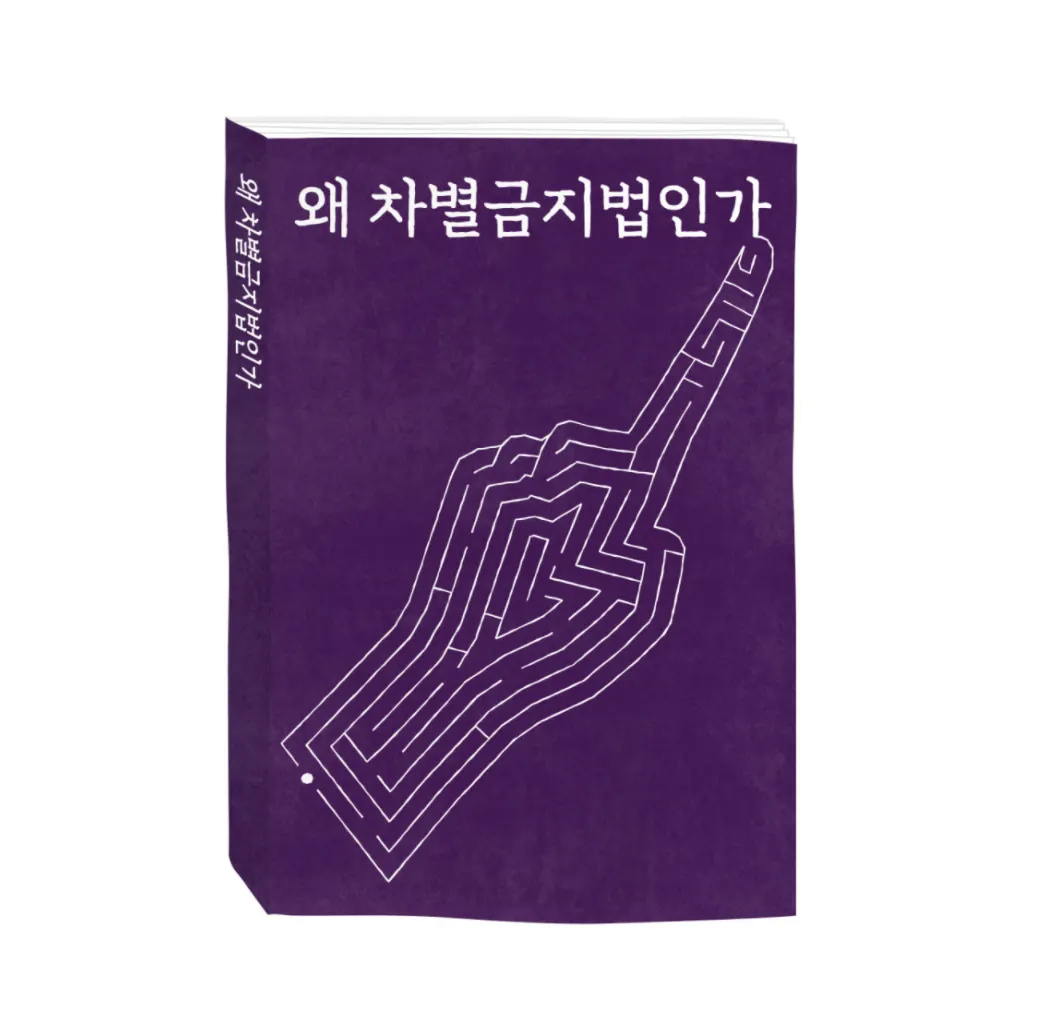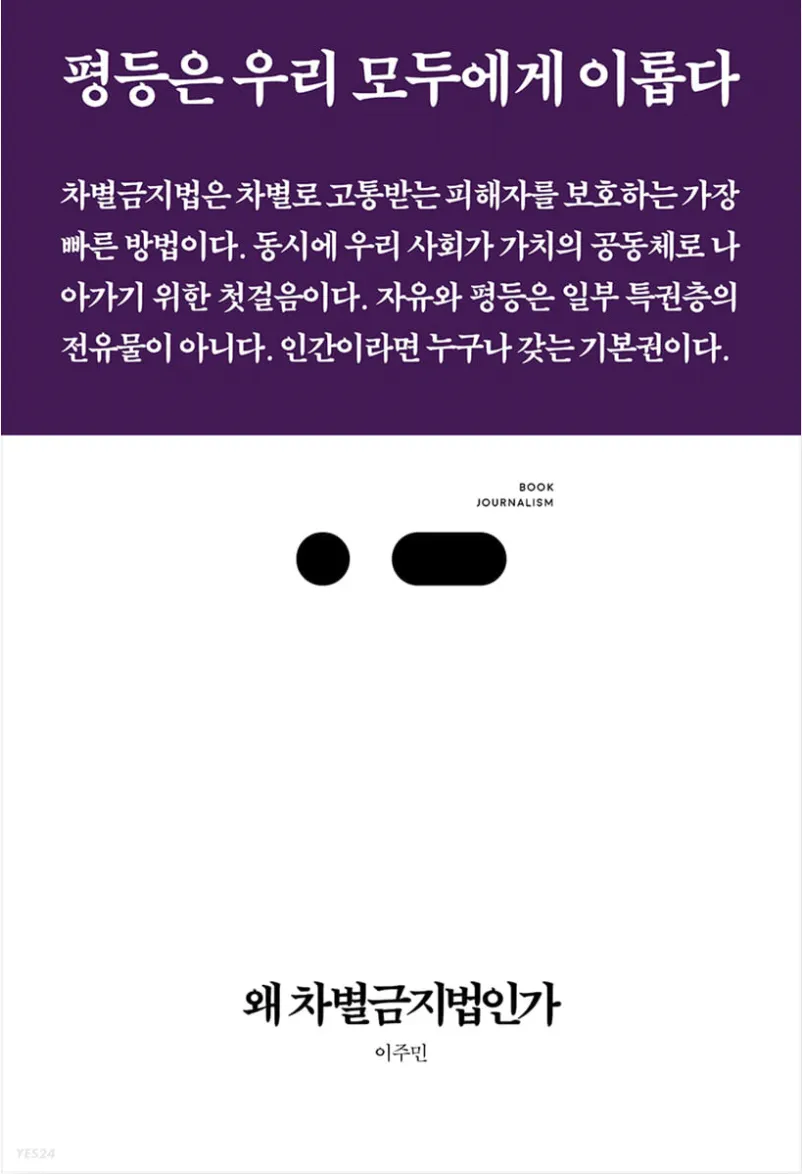In South Korea, there are still no legal consequences to store owners who reject services to customers for their age, gender, sexual orientation, race, religion, or national origin in the year 2022. Worse, when these identities become reasons for unfair treatment such as termination from employment, there is only a small window to legal recourse for the harm done.
The Democratic Party (Minjoo) and its governments pushed for Anti-Discrimination Law a decade ago, only to give up after facing a strong opposition from Christians. Christian elders organized local voters to campaign against National Assembly members backing the bill for the “gay clause,” spewing out the unfiltered homophobic sentiment that such legislature would “increase HIV cases as sexual intercourse among same sex increases.” Many statesmen simply backed off.
With the new progressive-liberal majority in the National Assembly after the 2020 general elections, the hopes for a renewed legislative drive for Anti-Discrimination Law also grew. Nonetheless, the leaders of the Democratic Party was at best lukewarm in utilizing its supermajority to the law whose support is hitting upward of 70% in polls.
This book came out of a personal experience. As a Seoul-bred heterosexual who was raised in a middle-class family and studied in an elite institution in the US, I cannot say that I have experienced discrimination in Korea. Nonetheless, the four years of experience in America taught me my identity is fluid. My occasional encounters with racism helped me develop empathy for other minorities. I realized that intersectionality matters, that anyone could be a minority, depending on social circumstances. I wanted a legal professional who undoubtedly has certain privileges in the Korean social context to write a book detailing out why we need this law.
That’s when I found Christopher Jumin Lee, a Korean-American litigation lawyer who writes often on South Korean politics. Around the summer of 2020, his focus was on Anti-Discrimination Law, as he worked on a few pro bono cases in Mississippi. Lee said yes to writing this book without hesitation. A year after my first pitching, the book was published, with the Law still pending in the National Assembly.
Below are the translations of the book’s introduction and table of contents.
Introduction
Discrimination evokes us a stereotypical image of men looking down upon women, heterosexuals ostracizing homosexuals or Koreans unfairly treating ethnic minorities. However, discrimination only exists in a social context. Everyone has their unique experience of discrimination and oppression, and therefore, everyone can both knowingly and unknowingly take part in discrimination. This idea of intersectionality compels us to discuss Anti-Discrimination Act, now.
Table of Contents
Prologue
Justice deferred is justice denied
Chapter 1
Discrimination is everyone’s issue
We are all part of the problem
Our fair share, taken away
Rights sleeping under neglect
A free country infringing on freedom
Chapter 2
Society, not an individual
The viscous cycle of discrimination
Judicial power and its biases
The last chance
Chapter 3
Discrimination is a political issue
Disappeared politicians
The public already made its mind
When there is a lack of diversity
Change is faster than you think
Chapter 4
Discrimination is a legal issue
Three way for legal recourse
What’s in the Anti-Discrimination Act
What’s not in the Anti-Discrimination Act: Regulations for hate speech
What’s not in the Anti-Discrimination Act: Reverse discrimination
What shouldn’t be in the Anti-Discrimination Act: Exceptions based on religion
Epilogue
Toward a commonwealth sharing core values





